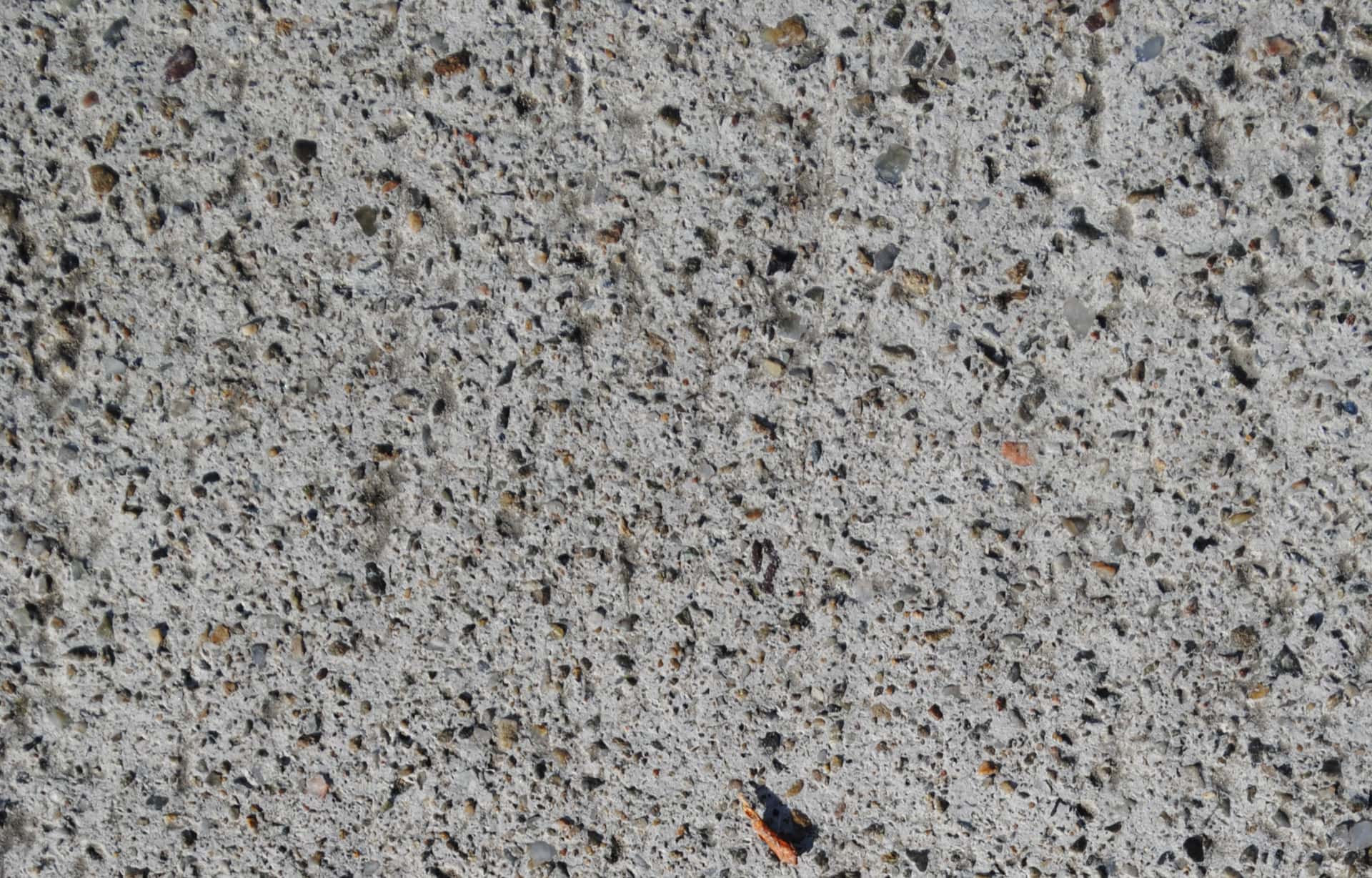The general secretaries of six unions representing school workers, including heads, teachers and support staff – GMB, NAHT, NASUWT, NEU, UNISON and Unite – have written a joint letter to the Secretary of State for Education calling for an update on the extent of her Department’s research into RAAC-affected schools.
The six key questions asked:
- How many schools at risk of RAAC have not had an investigation?
- How many schools suspect they could have RAAC?
- How many schools with suspected RAAC have yet to be surveyed?
- How long does the Government expect it to take for all at-risk schools to be investigated?
- How long does the Government think it will take for all schools with suspected RAAC to be surveyed?
- What deadline has been set to clear RAAC from every school?
Dominating national headlines
Commenting on this disruptive situation, Peter Shreeve, Assistant District Secretary of the National Education Union, said:
“RAAC continues to dominate national headlines. The joint letter from the six unions re-affirms that some schools and an increasing student number are becoming deeply impacted by this development nationally.
“On the Isle of Wight, the Local Authority was reported as stating there are no schools affected on the Island.
“We understand, all relevant responsible bodies, i.e. LAs/Trusts/Dioceses, were asked to complete a DfE questionnaire about suspected RAAC. As there are many non-LA run schools, the responsibility lies with the relevant responsible bodies that run their schools and the DfE.
“Last week, the Department for Education (DfE) published more than 90 per cent of schools are covered by responsible bodies that have completed the RAAC questionnaire. This leaves 10 per cent with incomplete responses nationally.
“This situation arguably is an example of the consequences of education policy in recent years. Removing control from the one responsible local body and fragmenting into several competing school systems with different chiefs creates greater difficulties. There is no single island organisation with resources or responsibility to remove these barriers to learning.
“So far, we appear to be fortunate with no Island schools affected, although investigations may still be going on.”
News shared by Peter on behalf of IW NEU. Ed





